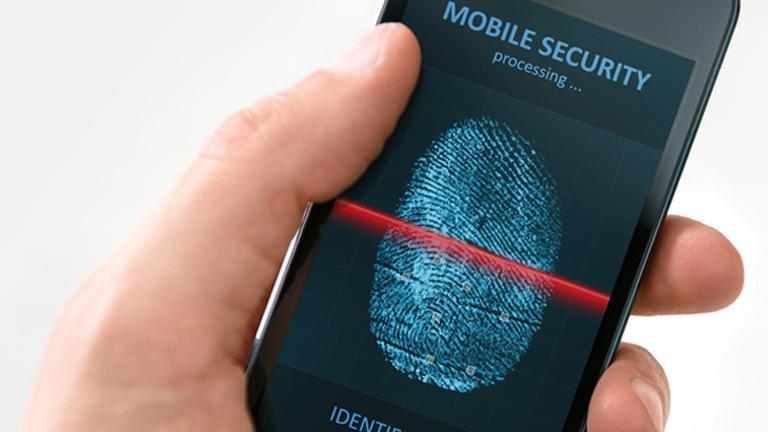Mobile Biometric Security Service Market May Set New Growth

Mobile Biometric Security Service Market
HTF Market Intelligence released a new research report of 150 pages on title ‘Global Mobile Biometric Security Service Market Insights by Application, Product Type, Competitive Landscape & Regional Forecast 2025’ with detailed analysis, forecast and strategies. The study covers key regions that includes North America, Europe, Asia-Pacific, South America, Middle East and Africa and important players such as 3M (United States), Apple (United States), Bio-key (United States), M2SYS Technology (United States), NEC Corporation (Japan), Samsung (South Korea), Suprema (South Korea), Fujitsu (Japan), Fulcrum Biometrics (United States) and ImageWare (United States).
Request a sample report @ https://www.htfmarketreport.com/sample-report/2335061-global-mobile-biometric-security-service-market
Market Snapshot:
The Mobile Biometric Security Service implies accomplishing biometric services on a mobile device such as a tablet or Smartphone. With the integration of biometric hardware or sensors, mobile device can achieve functionality of biometric. The Mobile Biometric basically perform the individual identity which is based on the physiological properties of a person like fingerprints, iris, Voice, and Face, among others. Mobile Biometrics is actually a technology by which a mobile phone can be locked or unlocked with the help of the user’s physiological properties. With the trend of BYOD policies in any organization, it is important to have high maintenance security of personal data in one’s mobile.
Buy this report @ https://www.htfmarketreport.com/buy-now?format=1&report=2335061
Market Drivers
Growing Need for Surveillance and Security in Mobiles
Increasing Awareness in Consumers Related To Their Mobile Security
Market Trend
Rising Trend of Online Shopping Without Credits or Debits Cards
Rising Trend of Mobile Transactions Globally
Restraints
High Deployment Cost for Fingerprint Mobile Biometrics
Opportunities
Growing Government Support for the Usage of Fingerprint Sensors in Mobiles in Emerging Nations and Technological Upgrades and Advancements in both Developed and Developing Nations
Players Covered in the Study are:
3M…

